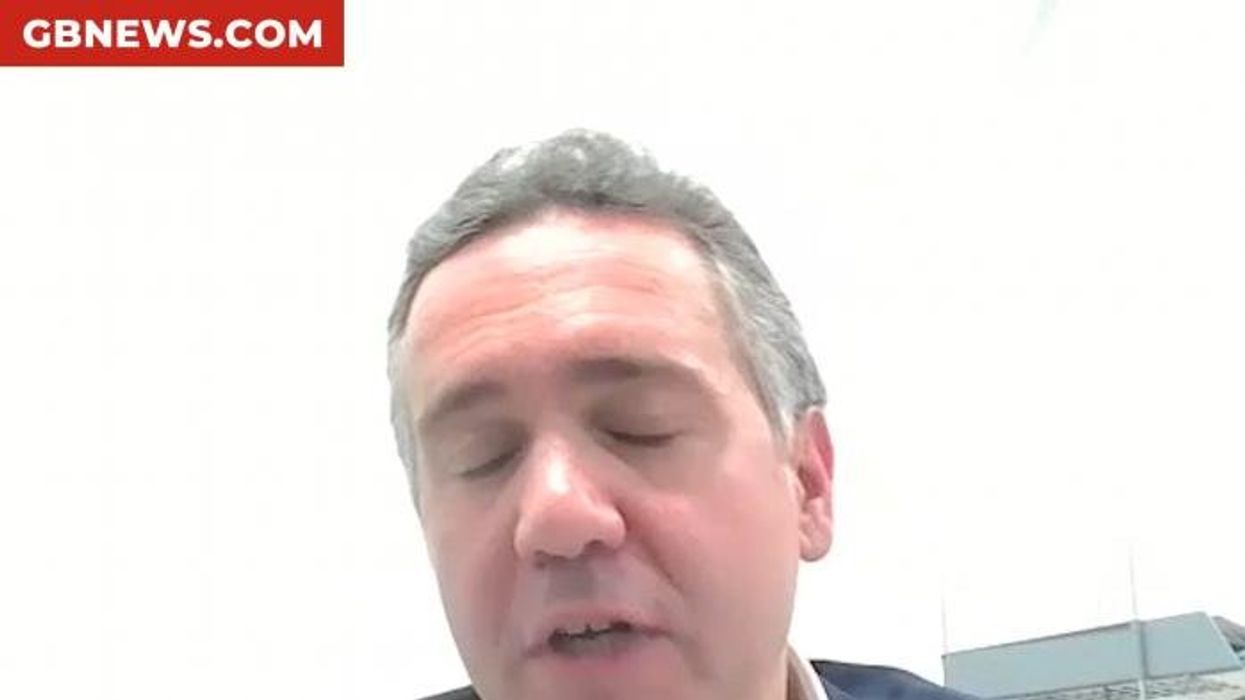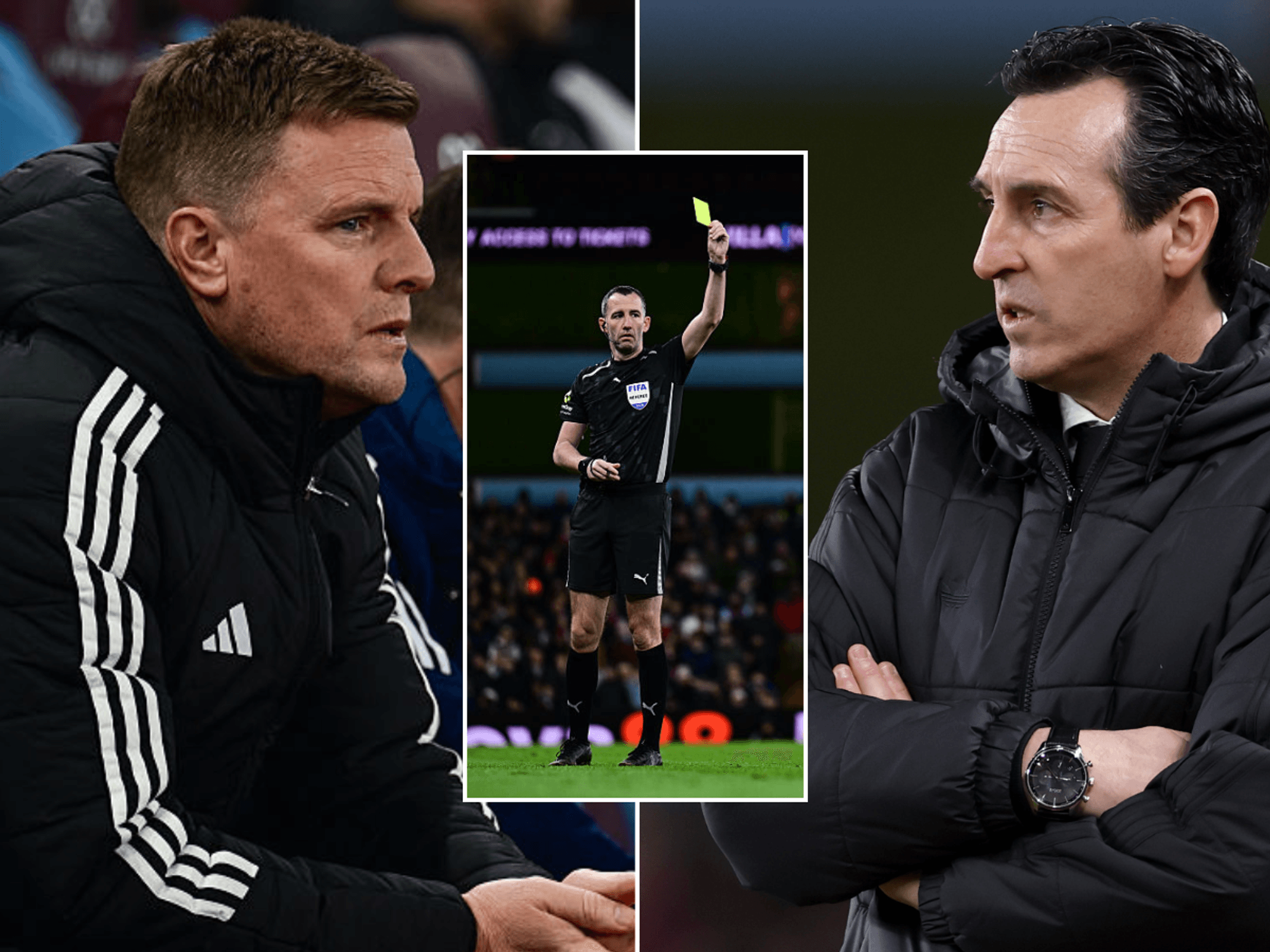'Dangerous': Professor names two types of supplements to avoid completely if you have high blood pressure

While some supplements offer meaningful reductions in blood pressure, others may do more harm than good
Don't Miss
Most Read
With supplements all the craze, many people may wonder which ones actually work for treating conditions like high blood pressure. Now, a leading heart specialist has issued important guidance about what works and what doesn't.
Professor Sinan Dağdelen, a member of the European Heart Rhythm Association, told GB News that while certain supplements can provide modest benefits, they're no substitute for proper medical care or healthy living.
"In terms of high blood pressure, not one supplement can replace medical treatment or healthy lifestyle habits, but some may offer modest assistance when used cautiously under the supervision of a professional," he explained.
When it comes to which supplements can actually work, the professor points out that there are several options backed by solid evidence.

Everyone is advised to consult a doctor before starting any supplement regimen
|GETTY
Magnesium tops the list, as it helps relax the smooth muscles in blood vessel walls, encouraging better blood flow and modest drops in blood pressure.
Potassium works differently; by helping the body get rid of excess salt, though Professor Dağdelen warns that anyone with kidney problems needs medical supervision before increasing their intake.
Fish oil supplements containing omega-3 fatty acids can improve how blood vessels function, leading to small but meaningful reductions in blood pressure readings when taken consistently.
Garlic extract and beetroot also show promise, both working by boosting nitric oxide in the body, which helps blood vessels stay flexible.
LATEST DEVELOPMENTS
But it transpires that some popular supplements can actually make high blood pressure worse - or interfere with medications.
Liquorice root is particularly problematic, as it causes the body to hold onto sodium while losing potassium, driving blood pressure up.
Stimulant-based supplements pose another risk, with Professor Dağdelen warning: "Bitter orange, yohimbine, and other stimulant-containing herbal supplements stimulate the sympathetic nervous system, which can result in increases in blood pressure and heart rate."
High-dose caffeine powders and energy supplements can cause temporary spikes, especially in people who don't regularly consume caffeine.
St. John's Wort creates a different problem - it can speed up how the liver processes blood pressure medications, making them less effective.
The professor's strongest warning is to stay away from two supplements. "Ephedra-containing or 'fat-burner' supplements are dangerous and should be shunned by people with high blood pressure," he cautioned.
When it comes to vitamins and minerals, Professor Dağdelen says people with high blood pressure should focus on nutrients that support healthy blood vessels and proper muscle function.
He particularly recommends getting potassium from leafy greens, avocados and bananas - though only if kidney function is normal.

A balanced diet beats supplements for blood pressure treatment
|GETTY
Magnesium from nuts, seeds and whole grains helps keep blood vessels relaxed, while calcium from low-fat dairy or fortified plant alternatives supports proper muscle contraction.
However, he cautions against taking excessive vitamin D or calcium supplements without medical advice, as too much can contribute to blood vessel stiffness.
Ultimately, when it comes to optimal blood pressure control, the professor insists that a balanced diet following DASH or Mediterranean patterns beats supplements every time.
Our Standards: The GB News Editorial Charter











